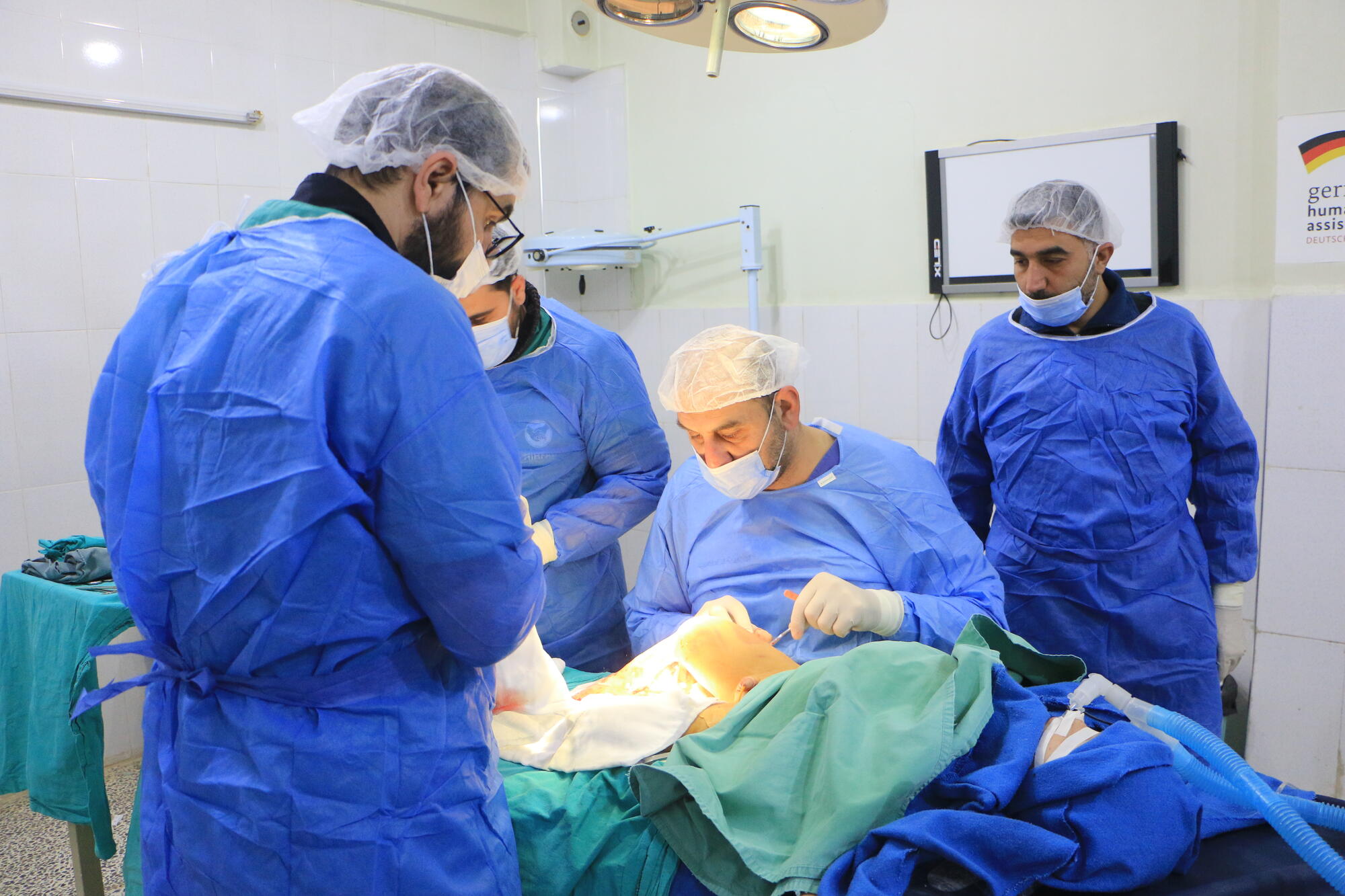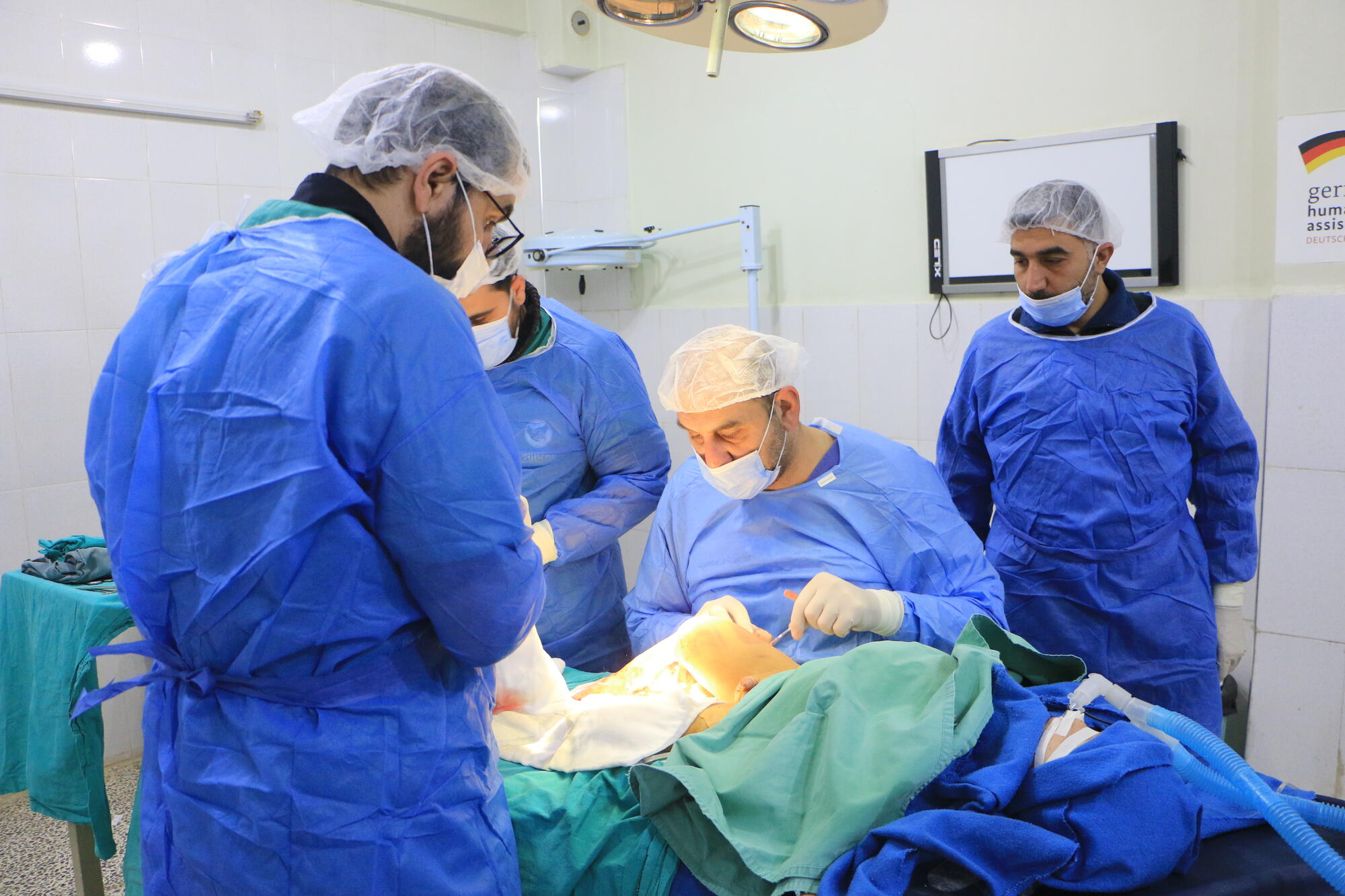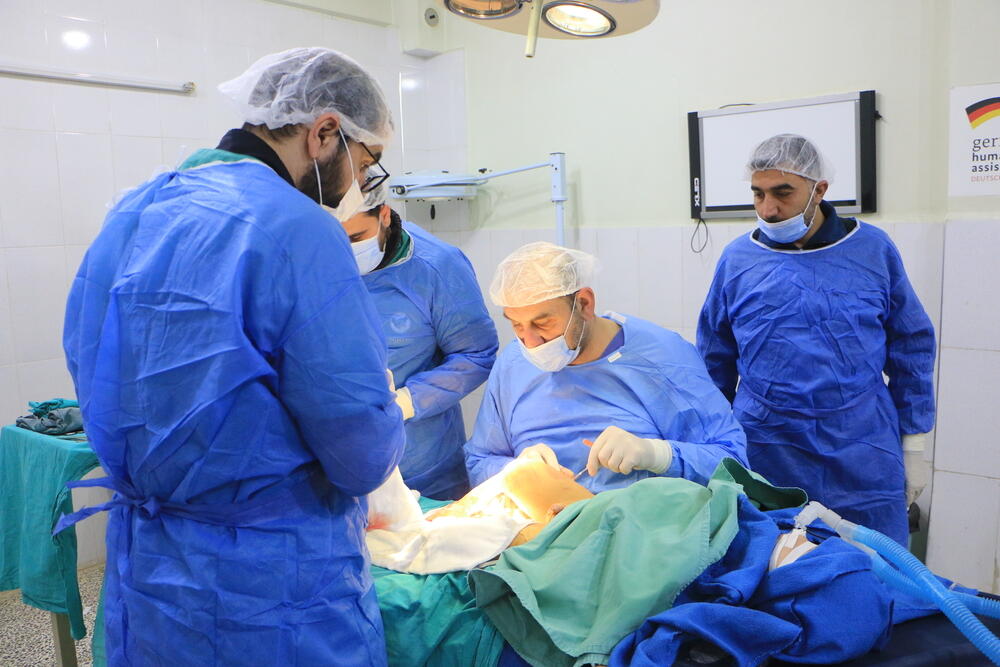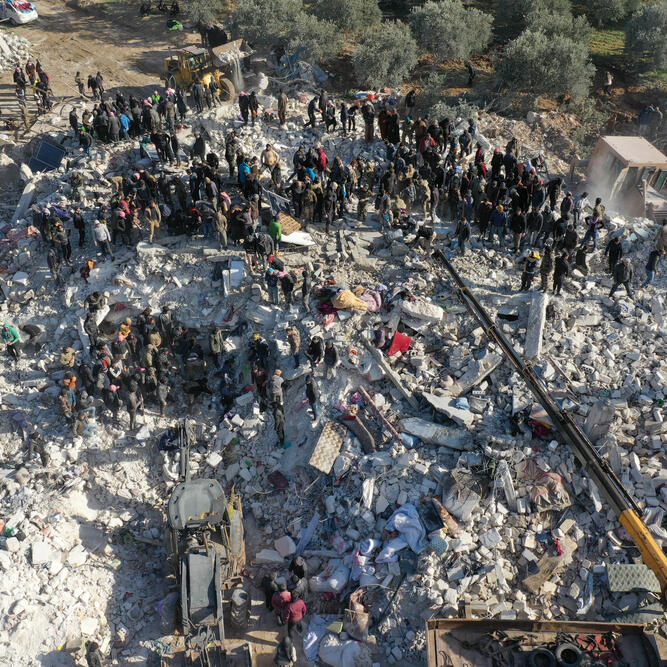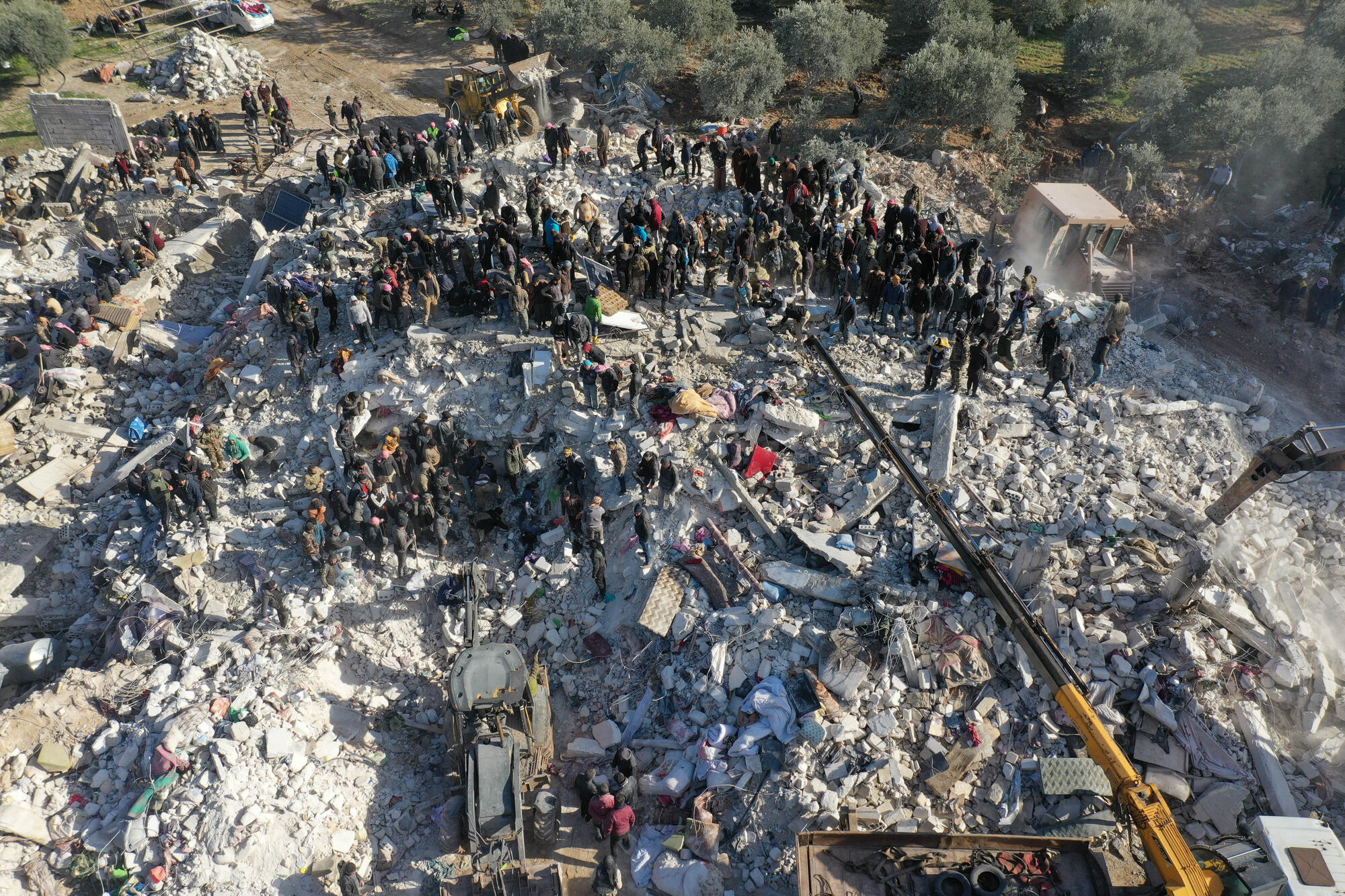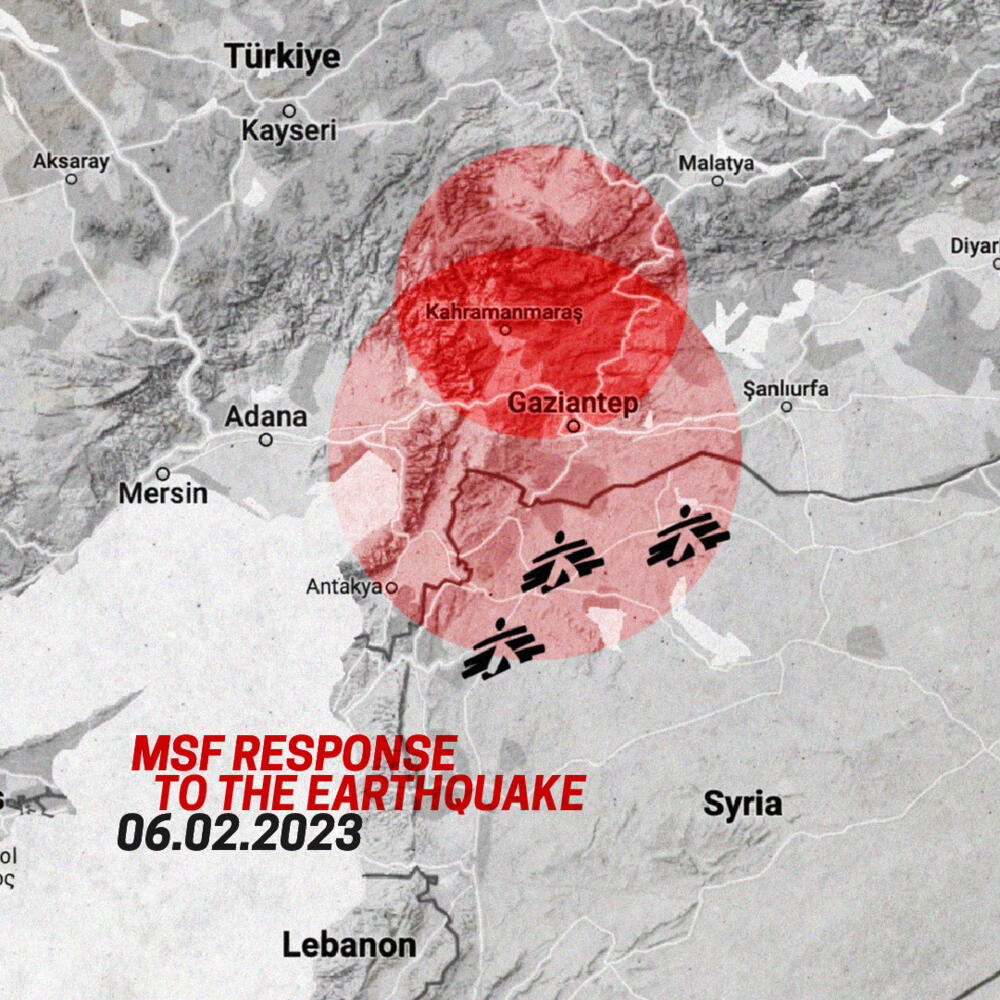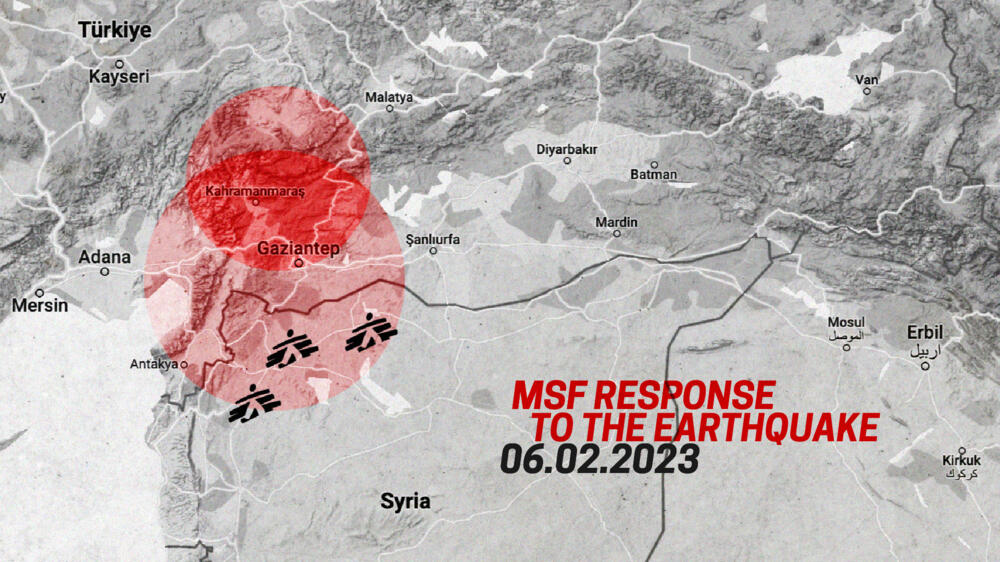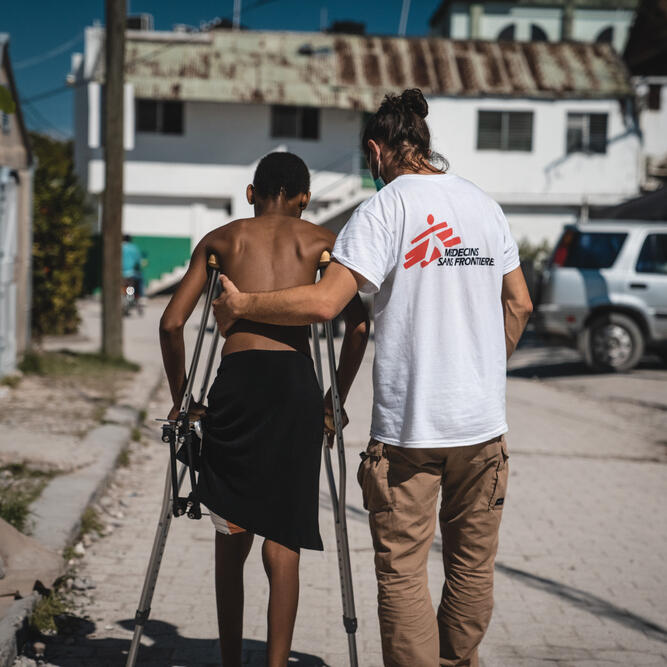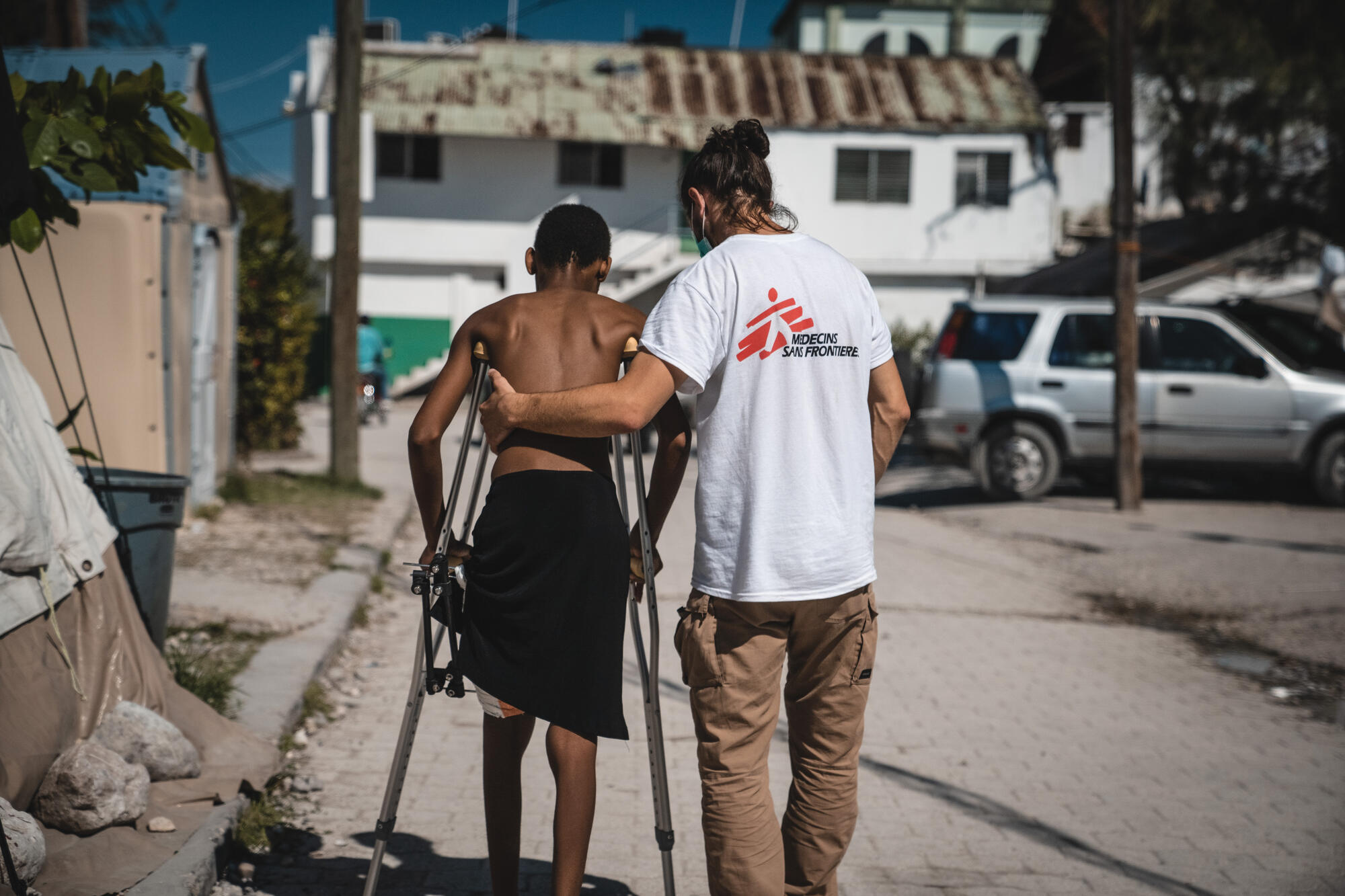7,600
PATIENTS CARED FOR IN MSF HOSPITALS
38
HOSPITALS HAVE RECEIVED DONATIONS OF TRAUMA AND SURGICAL KITS
30,000 +
RELIEF ITEMS DISTRIBUTED TO FAMILIES
Get urgent updates by email
Never miss an update from the frontlines of natural disasters, conflict zones and epidemics with out monthly email newsletter.
This page was last updated on 27 February 2023
